Welcome to our blog at Whitefish Community Radio, where we dive deep into fascinating topics about radio stations worldwide. Today, we’re focusing on a particularly intriguing question: Who owns South African radio stations? Understanding the ownership of these stations is crucial as it sheds light on the broader media landscape, influences on content, and the diversity of voices on the airwaves. Let’s explore this topic in detail, unraveling the key players and dynamics at play.
Table of Contents
Contents

Understanding the Ownership Landscape in South African Radio
Historical Context of Radio Ownership in South Africa
To truly grasp who owns South African radio stations, we need to start with a bit of history. South African radio has a rich and complex past, marked by significant changes from the apartheid era to the present day. During apartheid, radio was heavily controlled by the government, primarily through the South African Broadcasting Corporation (SABC). The SABC dominated the airwaves, ensuring that the content reflected the government’s policies and perspectives.
However, the landscape began to change dramatically in the early 1990s with the end of apartheid and the advent of democracy. This period saw the liberalization of the airwaves, leading to the introduction of private and community radio stations. This shift was crucial in diversifying the voices and perspectives available to the South African public.
Major Players in South African Radio Ownership
In today’s media environment, several key players dominate the ownership of South African radio stations. Let’s delve into some of the most influential ones:
SABC: The Public Broadcaster
The South African Broadcasting Corporation (SABC) remains a significant player in the radio landscape. As a public broadcaster, the SABC operates numerous radio stations that cater to various languages and communities across the country. These stations include Metro FM, 5FM, and several regional stations like Umhlobo Wenene FM and Lesedi FM. The SABC’s mandate is to provide content that serves the public interest, offering a mix of news, music, and educational programming.
Primedia Broadcasting: A Private Sector Giant
Primedia Broadcasting is one of the largest private media companies in South Africa, owning several popular radio stations. These include 947, 702, CapeTalk, and Kfm 94.5. Primedia’s stations are known for their vibrant talk shows, contemporary music, and a strong emphasis on engaging content that resonates with urban audiences.
Kagiso Media: A Diverse Portfolio
Kagiso Media is another significant player in the South African radio market. The company owns a diverse portfolio of radio stations, including East Coast Radio, Jacaranda FM, and Gagasi FM. Kagiso Media focuses on providing a broad range of content, from contemporary hits to regional music, catering to a variety of listener preferences.
Community Radio Stations: Grassroots Voices
While major corporations dominate a significant portion of the radio market, community radio stations play a vital role in South Africa. These stations are often owned and operated by local communities, providing a platform for grassroots voices and perspectives. Community radio stations like Bush Radio and Radio Zibonele are instrumental in promoting local culture, language, and issues, often in underserved areas.
The Impact of Ownership on Content
Understanding who owns South African radio stations is not just about knowing the names of the companies; it’s about recognizing the influence ownership has on the content broadcasted. Ownership structures can affect editorial independence, the diversity of viewpoints presented, and the type of content prioritized.
Editorial Independence and Influence
Ownership can significantly impact a station’s editorial independence. For instance, public broadcasters like the SABC are expected to operate in the public interest, but they can sometimes face pressure from government entities. On the other hand, private companies like Primedia and Kagiso Media may prioritize commercial interests, which can influence programming decisions.
Diversity of Voices and Perspectives
The ownership landscape also affects the diversity of voices and perspectives on the airwaves. Community radio stations, with their grassroots ownership models, often provide a platform for marginalized voices and local issues that might not receive attention from larger, commercially-driven stations. This diversity is crucial in a country as varied and vibrant as South Africa.
Content Prioritization
Different owners prioritize different types of content. For example, commercial stations owned by Primedia Broadcasting might focus more on entertainment and popular music to attract advertisers, while community stations might prioritize local news and cultural programming. This variation ensures that there is something for everyone on South African radio, catering to diverse tastes and interests.
Challenges and Opportunities in the South African Radio Market
Regulatory Environment
The regulatory environment in South Africa plays a significant role in shaping the radio industry. The Independent Communications Authority of South Africa (ICASA) oversees the licensing and regulation of radio stations, ensuring a balanced and fair media landscape. However, navigating these regulations can be challenging for both new entrants and established players.
Technological Advancements
Technological advancements present both challenges and opportunities for South African radio stations. The rise of digital streaming services and podcasts has changed how people consume audio content. Traditional radio stations need to adapt by offering online streaming options and engaging with listeners on digital platforms to remain relevant.
Economic Pressures
Economic pressures also impact the radio industry. Advertising revenue, a primary source of income for many stations, can fluctuate based on the broader economic climate. Stations must innovate and find new ways to monetize their content, such as through sponsorships, events, and online advertising.
The Future of Radio Ownership in South Africa
Looking ahead, the future of radio ownership in South Africa is likely to be shaped by several factors, including technological innovation, regulatory changes, and evolving listener preferences. As digital platforms continue to grow, traditional radio stations will need to find ways to integrate these technologies into their operations, ensuring they can reach audiences wherever they are.
Embracing Digital Transformation
To stay competitive, South African radio stations must embrace digital transformation. This includes not only offering online streaming but also leveraging social media, mobile apps, and podcasts to engage with listeners. By doing so, they can create a more interactive and dynamic listening experience.
Ensuring Diversity and Inclusion
Ensuring diversity and inclusion in radio ownership and content will remain a priority. Efforts to support community radio stations and promote a variety of voices on the airwaves are essential for reflecting South Africa’s rich cultural tapestry. Initiatives that support the development of new talent and provide platforms for underrepresented groups will be crucial.
Economic challenges will continue to influence the radio industry. Stations will need to be creative in finding new revenue streams and managing costs effectively. Collaboration and partnerships, both within the industry and with other sectors, can provide new opportunities for growth and sustainability.
Conclusion: The Dynamic Landscape of South African Radio Ownership
In conclusion, understanding who owns South African radio stations offers valuable insights into the broader media landscape of the country. From the historical dominance of the SABC to the rise of private giants like Primedia and Kagiso Media, and the essential role of community radio, the ownership landscape is diverse and dynamic. This diversity ensures a rich tapestry of content, catering to the varied tastes and interests of South African listeners.
By staying informed about the ownership and its implications, we can appreciate the multifaceted nature of South African radio. Whether you’re tuning in for the latest hits, in-depth news, or local community stories, there’s something for everyone on the South African airwaves. Stay tuned with Whitefish Community Radio as we continue to explore fascinating topics in the world of radio and beyond.
